-
Popular Topics
-
Topics
-
Recent Status Updates
-
Options
Options
-
somebody tell me a good place to use my soulbound golem i wanna play him more
-
Hey tech team, when your server is in peak times, you usually do not restart it or try to deploy new things.
No Recent Status Updates -
Options

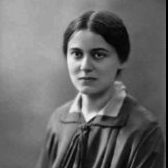
ByUniBearse.thumb.png.a4b527c03666cb1b844a73d69e6dd4b4.png)


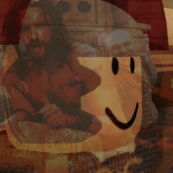

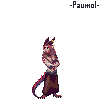
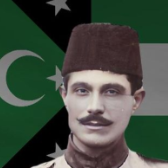

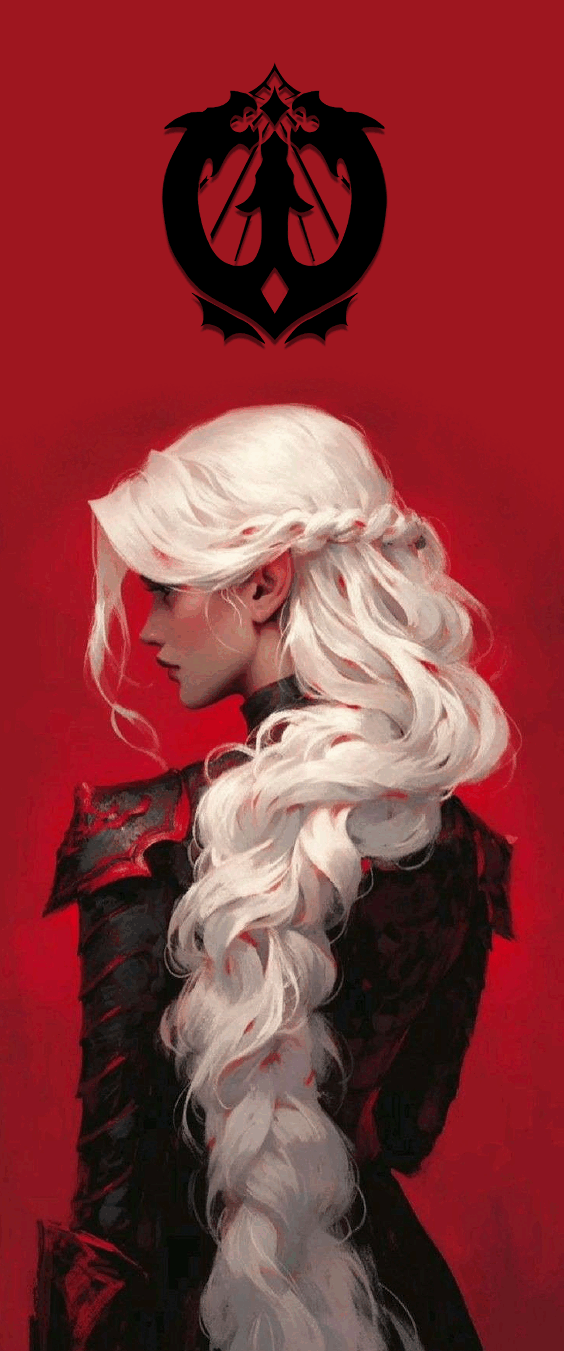
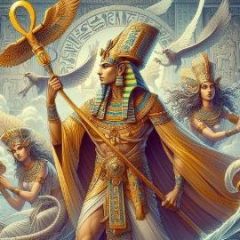


Recommended Posts